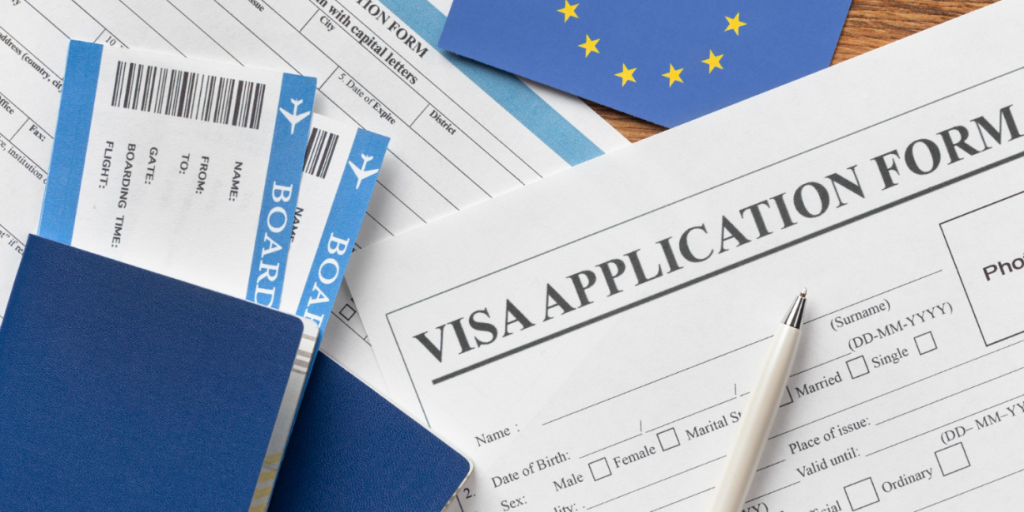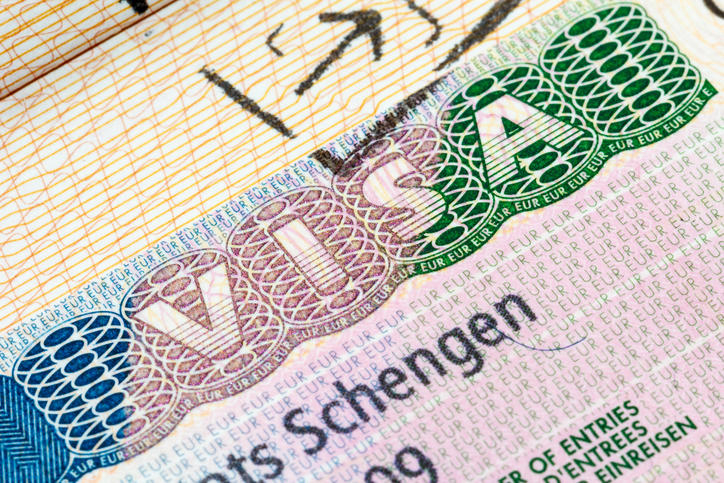Moving to Europe can be an interesting step — but it also involves serious legal obligations. For Indian citizens, Lithuania is an increasingly attractive destination, thanks to its low cost of living, emerging job market, and access to the Schengen Zone. This guide describes the legal migration to Europe, with attention to the current Lithuanian immigration law, required documents, and the procedures you need to follow to guarantee total coherence.

Why Lithuania?
Relocating to Europe is a dream cherished by many Indian citizens and a strategic life choice. It is now becoming a choice for aspiring migrants, given the friendly migration policies, comparatively cheaper living standards, and perks of being an EU member. With a residence here, one gets free access to the wider Schengen area and presents an edge for those seeking to move to Lithuania legally through legal channels.
However, in common with any other EU country, there are certain immigration laws pertaining to Lithuania. Following them is essential if you want to stay clear of delays, refusals, or worse- legal issues.
Understanding Your Legal Entry Options
The National (D) Visa is sought after by most Indian nationals wishing to travel abroad, especially if the candidate has been employed or accepted at a university in Lithuania. This visa enables entry for more than 90 days and is generally used to apply for a Temporary Residence Permit (TRP) in future.
Another option, particularly for skilled professionals, is the EU Blue Card, which enables an individual to stay in one member state of the EU and travel to others with less complications. This type of mobility, however, requires a more rigorous salary and qualification criterion.
Applying for the right visa doesn’t simply mean filling up forms. It involves demonstrating the purpose of the visit, proving that one can support oneself, and establishing that documents are legally compliant with Lithuanian standards.

Documents That Matter for Lithuanian law
The documents are the keys for legal immigration to Europe. The Lithuanian authorities usually require a combination of personal identity documents, proof of financial support, and documents justifying the purpose of the stay – new students will need a letter of acceptance from a university and employed persons will need to show an employment contract.
All documents should be translated into Lithuanian or English and, in most cases, are required to be notarized or undergo apostille certification. This attestation is a proof of legality that in turn ensures acceptance on the other hand by the Migration Department. Always revalidate the document requirements by checking official government websites or contacting the nearest Lithuanian embassy in India. We can also check your documents and provide full advice on legal immigration to Lithuania.
From Visa to Residency: What to Expect
If staying for longer, one has to apply for a Temporary Residence Permit. Usually, it can take several weeks to obtain such a permit since background checks, interviews, and biometric data are involved. Be careful: in some cases — like family reunification — one must apply for a residence permit from India. Not knowing this could lead into a lot of trouble and eventually, forced departures.
After a continuous stay for the next five years at least, in some cases, Indian nationals may qualify for permanent residency. Language proficiency, integration, and a clean criminal record are important considerations at this stage.

Staying Compliant with Lithuanian Law
How to legally move to Europe requires making sure all immigration requirements are met. One of the important aspects of registering the address within a week of entry, renewing the residence permit whenever necessary, and notifying of any further change, such as refreshing of job or a change of town.
In overstay or without a valid permit working outside can create highly adverse consequences such as penalties, deportation, and bans on entrance into the Schengen Area. It is better to be aware of the avoidance of any problem.
If Things Don’t Go as Planned
If your visa/residence application gets rejected, do not panic as the Lithuanian law allows you to have your reasons written down and to stay in a review or appeal process against it. Depending on the particular ground, it may be possible to rectify the problem, apply for another visa again, or take the matter to the supreme court within Lithuania. Such a situation usually requires advice from an immigration attorney. Having the right legal documents for living in Europe ensures that your migration journey is smooth and in full compliance with Lithuanian laws.



